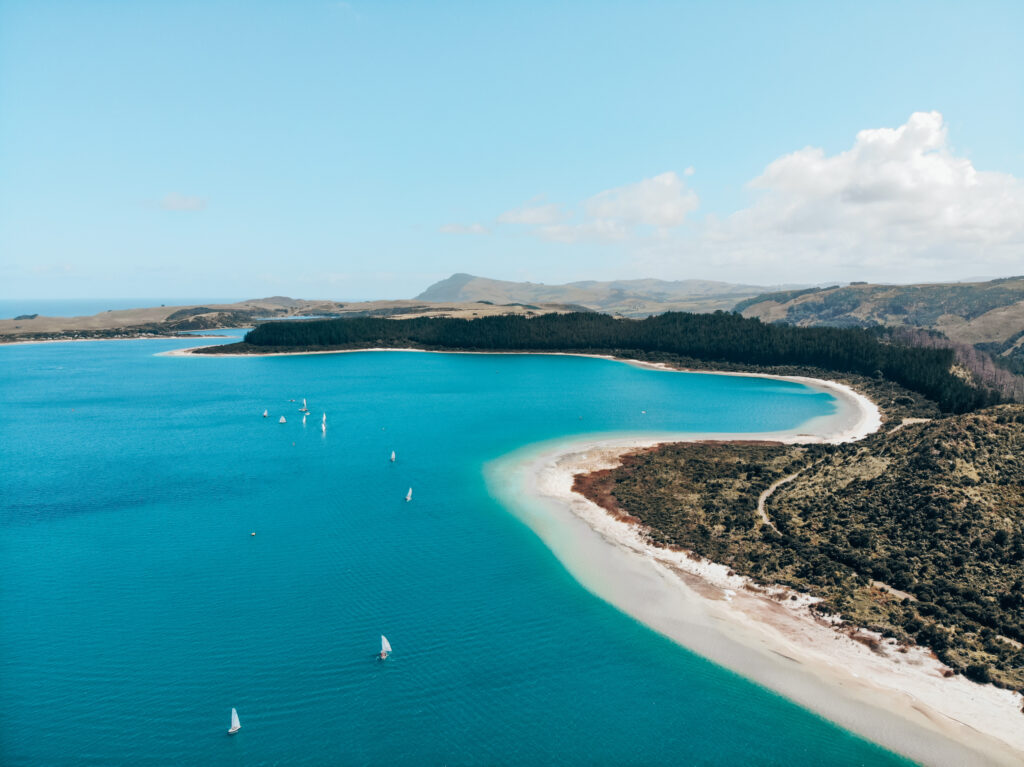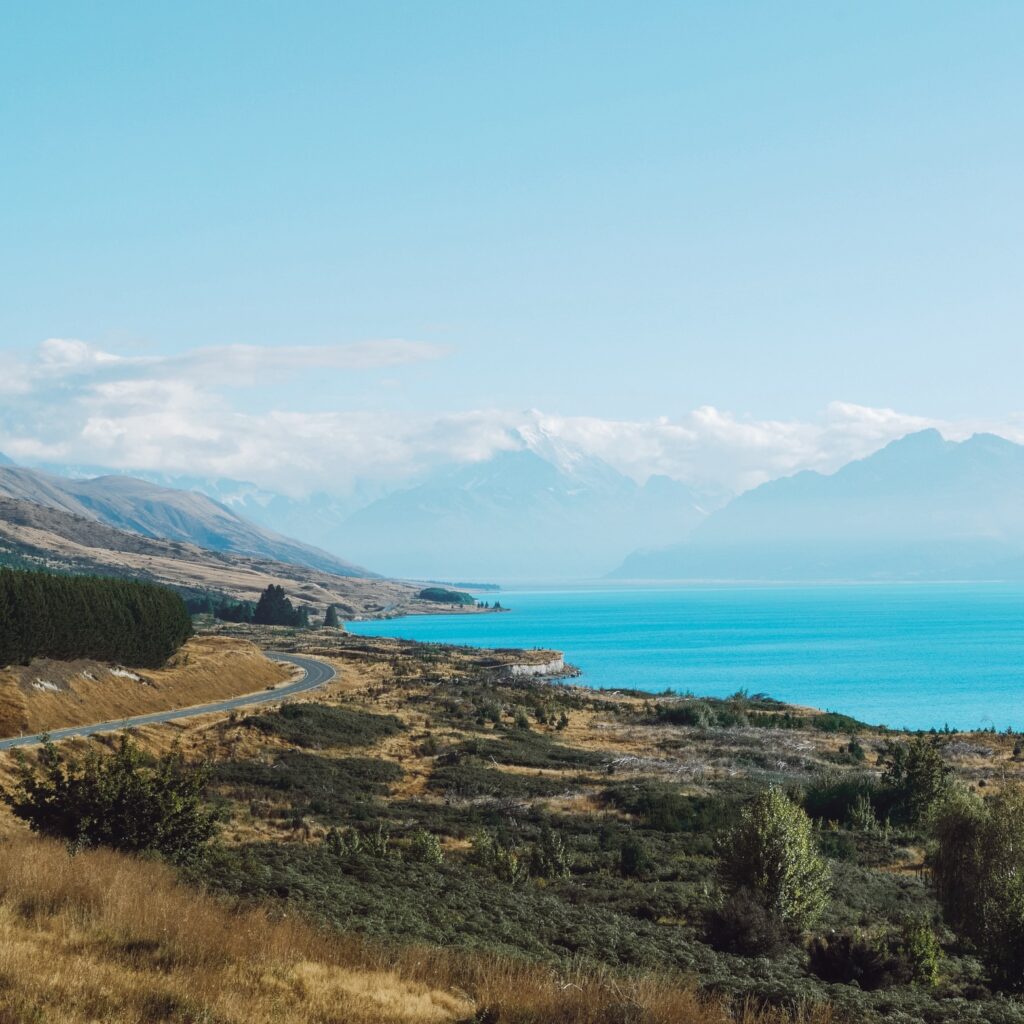
New Zealand is a beautiful country known for its stunning landscapes, friendly people, and high quality of life. But how much does it really cost to live in this island nation? Whether you’re planning to move or are simply curious, this blog will break down the true cost of living in New Zealand.

Housing Costs
Housing in New Zealand can be quite expensive, especially in major cities like Auckland and Wellington. Rent varies widely depending on location, size, and type of accommodation. On average, you can expect to pay around NZD 500-700 per week for a two-bedroom apartment in a city center source.
Moving to New Zealand, the three largest cities to consider are Auckland, Wellington, and Christchurch. Auckland and Wellington are notably more expensive, with higher house rental prices and general costs of living. On the flip side, Christchurch, still a major city, offers slightly more budget-friendly options. Compare the cost of living in NZ versus the USA here.
Renting in New Zealand typically involves paying a bond and some rent in advance. The bond is like a security deposit and is typically the amount of between 4 to 6 weeks of rent. Utilities won’t be included in the rent price, so this needs to be factored in as well.
Utilities and Internet
Utilities such as electricity, heating, cooling, water and internet for an 85m2 apartment can cost around NZD 200 per month. Internet services are generally reliable but can cost about NZD 80-100 per month for a standard package.
Electricity and gas costs can vary depending on your apartment’s size and the providers you choose. For an average two-bedroom apartment, you might budget about NZD 160-200 monthly for these services.
Grocery and Food Expenses
Grocery prices in New Zealand are higher than in many other countries, largely due to its remote location. A monthly grocery bill for a single person can range from NZD 300 to 500 detailed grocery costs. Dining out is also quite costly, with a typical meal at an inexpensive restaurant costing around NZD 20-30.
The diversity of New Zealand’s food culture means you can find a variety of cuisines, often with a focus on fresh ingredients. However, the cost of imported goods and produce can be quite high. For example, a dozen eggs can cost between NZD 6-8.

Transportation Costs
Public transport, including buses, trains, and ferries, is available in most cities and towns. A monthly public transport pass can cost around NZD 150-200. If you prefer driving, keep in mind that petrol prices are about NZD 2.20 per litre, and there are additional costs for car maintenance and insurance.
Auckland and Wellington have bus and rail services that extend into the suburbs, although public transport in New Zealand is generally pricier than in other countries. On average, a monthly ticket in Wellington costs about NZD 135-165. In Auckland, public transport can cost between NZ$1.80 and NZ$10.50, depending on your age and distance.
Healthcare and Insurance
New Zealand’s healthcare system is publicly funded, but there may still be costs for certain services. Many residents opt for private health insurance for added coverage, which can cost anywhere from NZD 100-300 per month depending on the plan.
New Zealand’s public healthcare system provides necessary treatments, but for faster and more comprehensive care, many people turn to private health insurance. Premiums and coverage can vary, so it’s advisable to shop around and find the best plan for your needs.
Education and Childcare
Education in New Zealand is generally of high quality. Public schooling is free, but private school tuition can range from NZD 20,000 to 40,000 per year. Childcare costs also vary, with full-time daycare costing around NZD 200-400 per week.
New Zealand has many excellent public schools, but if you opt for private education, the costs can be quite high. Primary tuition at a private school might range from NZD 15,000 to NZD 25,000 annually, adding significantly to the family budget.

Leisure and Entertainment
Leisure and entertainment costs vary depending on your interests and lifestyle. An average monthly budget for entertainment, including dining out, movies, and recreational activities, can range from NZD 150-300.
New Zealand offers a plethora of natural attractions, from beaches to hiking trails. While these outdoor activities are often free, budget for costs associated with other forms of entertainment, such as cinema tickets that can be up to NZD 20 each find out more.
Is Living in New Zealand Worth the Cost?
Living in New Zealand offers a high quality of life, but it does come with its share of expenses. From housing and groceries to transportation and healthcare, the cost of living can add up quickly. However, many people find that the benefits of living in such a beautiful and welcoming country outweigh the expenses. By budgeting wisely and understanding the true costs, you can enjoy all that New Zealand has to offer without financial stress. If you’re considering making the move, check out the pros and cons of living in New Zealand for more insights and to see if the cost of living in New Zealand is worth it.